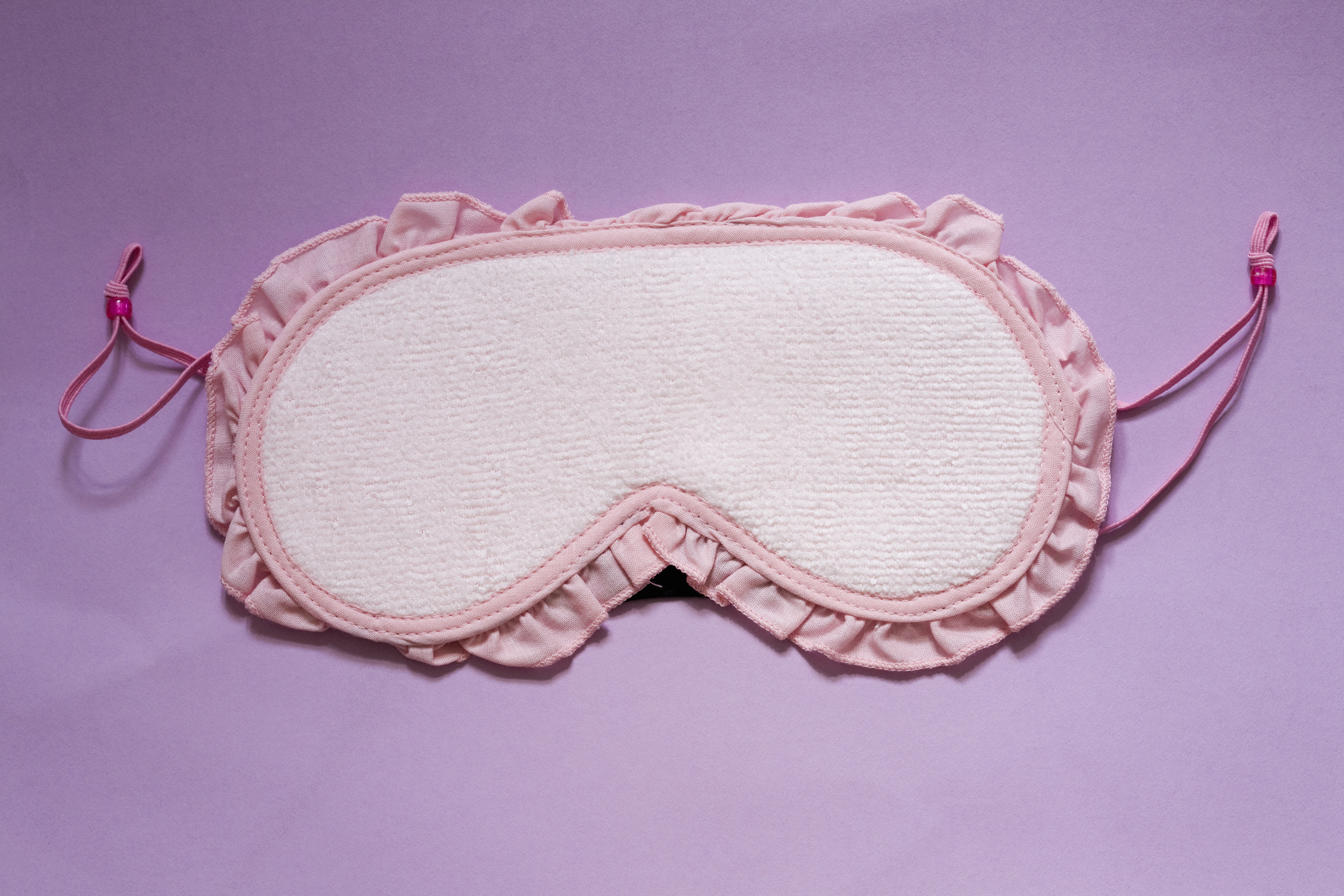There is a rich, and growing, body of scientific literature on the positive impact sleep has on our well-being: A study published in the journal Cell Reports presented more evidence of sleep’s important relationship with memory; research in the journal Sleep Health recently clarified the crucial role of sleep in collegiate success; another study, published in the journal Nature Communications, looked at sleep’s relationship to loneliness. But perhaps some of the most striking research was published in the journal Sleep. The study, the largest on sleep to date, demonstrated the wide range of negative impacts that the wrong amount of sleep can have, and what the right amount of sleep is.
The study found that the number of hours you sleep each night affects reasoning and verbal skills (whether you sleep too much or too little), that too little sleep has the same physiological effects as aging (“typical sleep duration of four hours per night was equivalent to aging eight years,” the study says), and that after even one night’s improved sleep count, cognitive performance increased.
These results boil down to the message that if you want to think, communicate and perform better, you need to sleep. The research indicates that the right amount is typically seven to eight hours for adults, regardless of gender, age or part of the world. The global sample size of over 10,000 diverse adults turned up consistent results.
If you struggle with sleep, there are tools and techniques available to help you. These are some Microsteps you can take towards a healthier relationship with bedtime:
1) Leave your phone outside your room when you climb into bed
Thrive’s phone bed charging stations can help with this, but regardless of how you choose to leave your phone charging while you sleep, keeping your phone outside the bedroom will help you get to sleep faster (blue light affects your body’s production of melatonin, the chemical that tells your body it’s time to sleep, according to research out of the University of Houston — so no more Instagram scrolling late at night!). It will let you sleep more soundly through the night, too, without the disturbance of a email swooshing into your inbox or a screen lighting up.
2) Get an alarm clock
Worried about an alarm if your phone’s outside your room? That’s often just an excuse for leaving a phone on the nightstand. But there’s a simple answer to that problem: Go old school and get an actual alarm clock. It will aid your ability to start each day with peak cognition.
3) Prioritize the evening activities that are benefiting you
Scientific research has found that certain evening activities, such as moderate exercise, are great ways to decompress after a hectic day, and you may have your own evening rituals that are crucially important to you — a family dinner, say, or a hot shower. But check in with yourself and see if there are things you do every evening that aren’t contributing to feelings of well-being (Do you spend an hour scrolling through Facebook? Do you find yourself obsessively checking your email?) — those might be activities worth cutting out of your routine to give yourself more time to sleep.
4) Foster equality in your relationship
A fascinating study, published in the Journal of Marriage and Family earlier this year, found that both men and women slept better in countries with greater gender equality. While you may not be prepared to move to a new country in search of better sleep, fostering equality in your relationship may similarly minimize the stresses associated with having to maintain specific gender roles.
Follow us here and subscribe here for all the latest news on how you can keep Thriving.
Stay up to date or catch up on all our podcasts with Arianna Huffington here.


